New telomere supplements claim to slow aging with botanicals like ashwagandha. New research reveals the gap between marketing and human evidence.
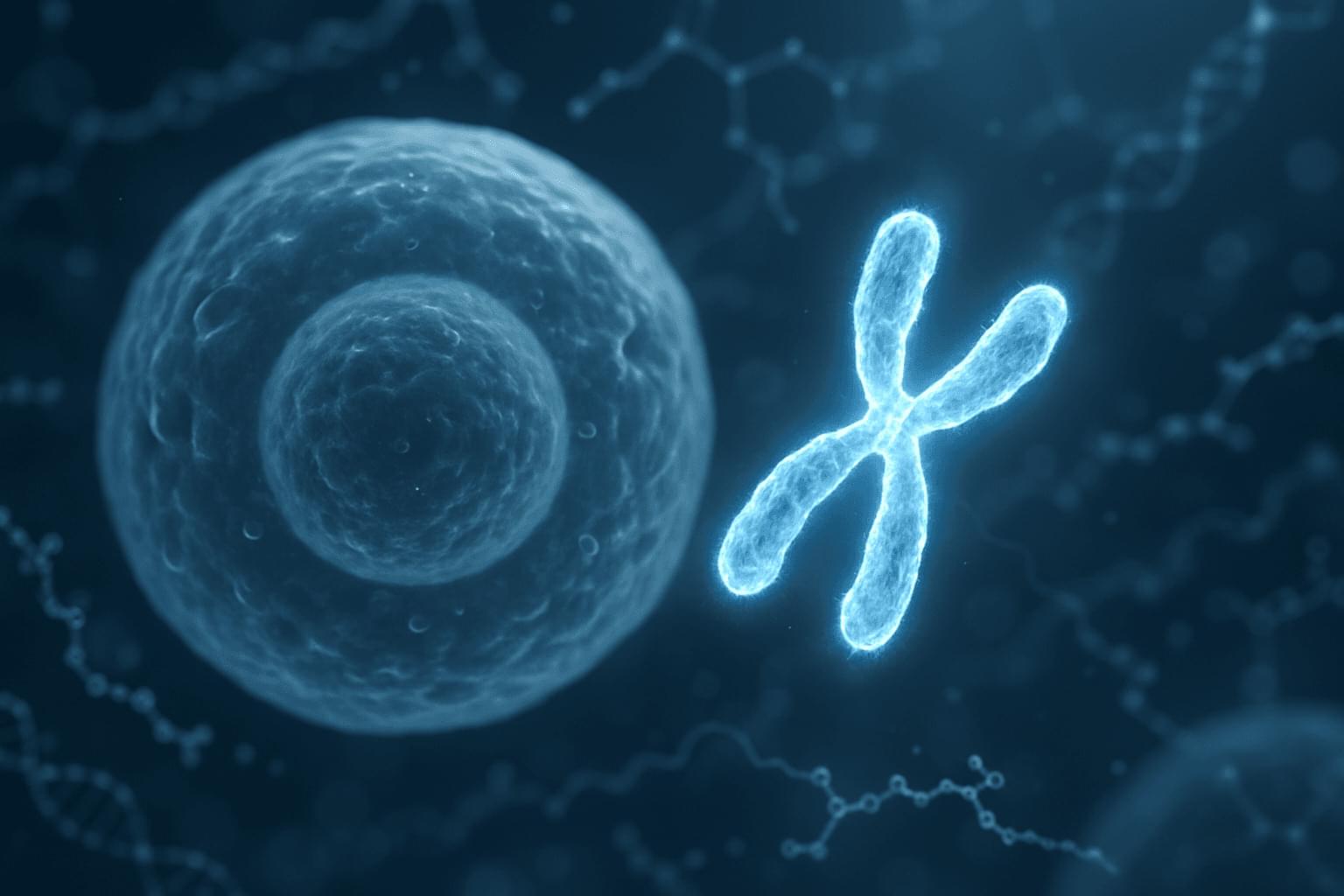

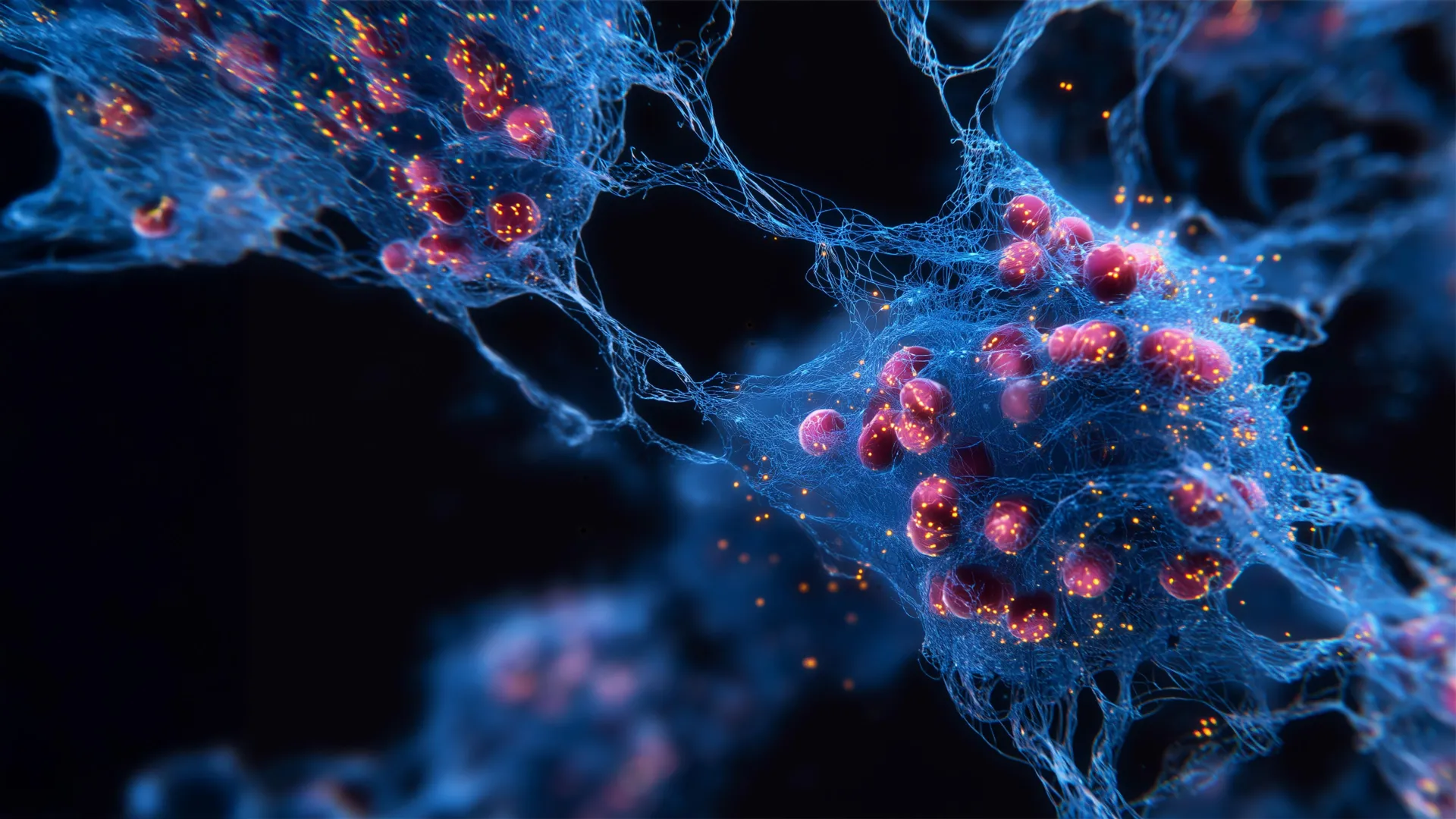
Senescent “zombie” cells are linked to aging and multiple diseases, but spotting them in living tissue has been notoriously difficult. Researchers at Mayo Clinic have now taken an inventive leap by using aptamers—tiny, shape-shifting DNA molecules—to selectively tag these elusive cells. The project began as an offbeat conversation between two graduate students and quickly evolved into a collaborative, cross-lab effort that uncovered aptamers capable of binding to unique surface proteins on senescent cells.
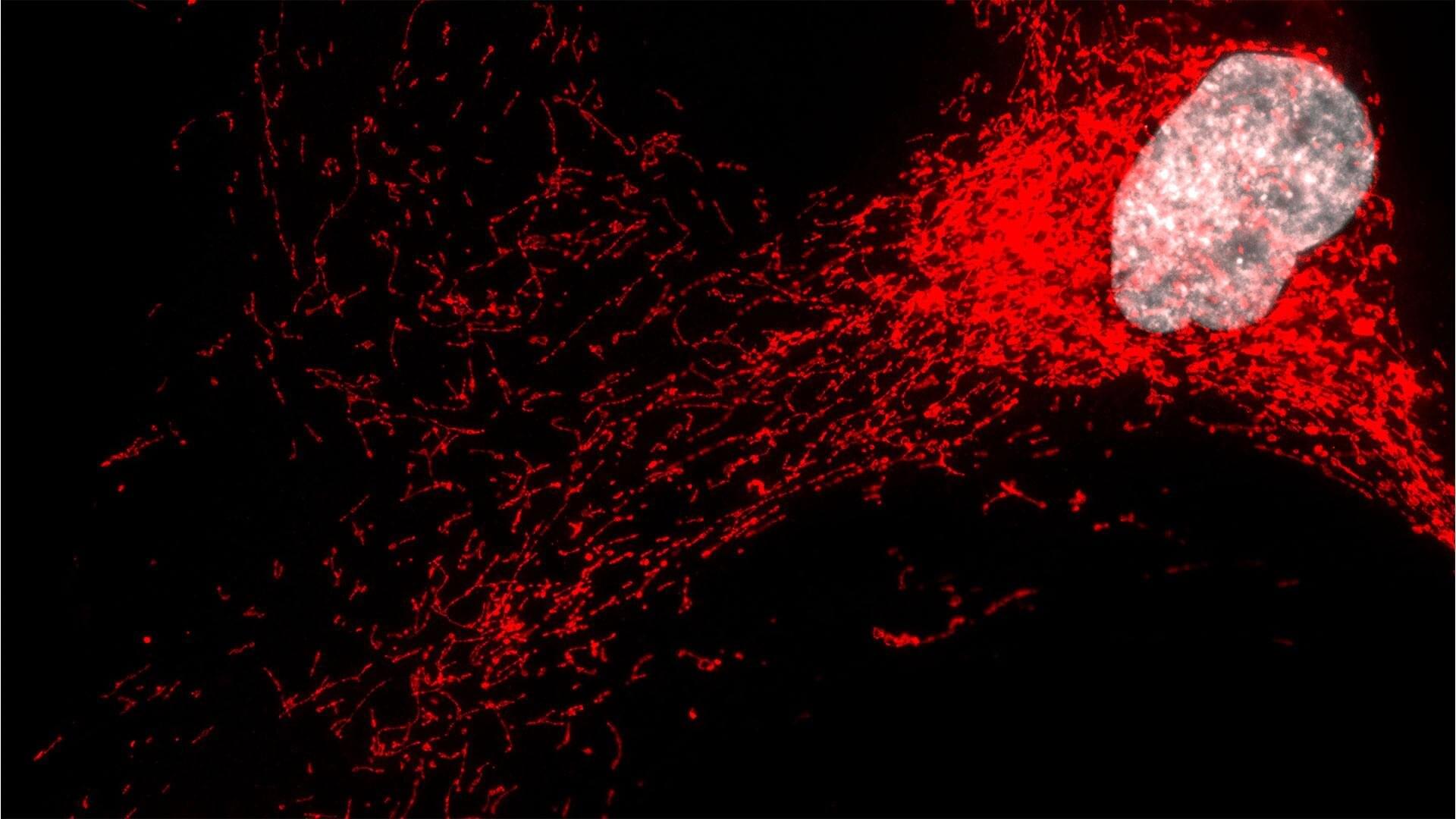
Mayo Clinic researchers have uncovered how aging “zombie cells” trigger harmful inflammation that accelerates a severe and increasingly common form of fatty liver disease called metabolic dysfunction-associated steatohepatitis (MASH). As obesity rates rise worldwide, MASH is projected to increase and is already one of the leading causes of liver transplantation.
“Liver scarring and inflammation are hallmarks of MASH. If left untreated, it can progress to liver cancer. This is why it’s so important to understand the mechanisms driving the disease so that we can prevent it or develop more effective treatments,” says Stella Victorelli, Ph.D., who is the lead author of the study published in Nature Communications.
Dr. Victorelli and colleagues, who study aged or senescent “zombie” cells, identified a mechanism by which these cells drive liver scarring and inflammation. They found that small molecules called mitochondrial RNA, typically found within the cell’s energy-producing mitochondria, can leak into the main part of the cell, where they mistakenly activate antiviral sensors called RIG-I and MDA5—normally triggered when a virus infects a cell. In this case, the danger signal comes from the cell’s own mitochondria, prompting a wave of inflammation that can damage nearby healthy tissue.
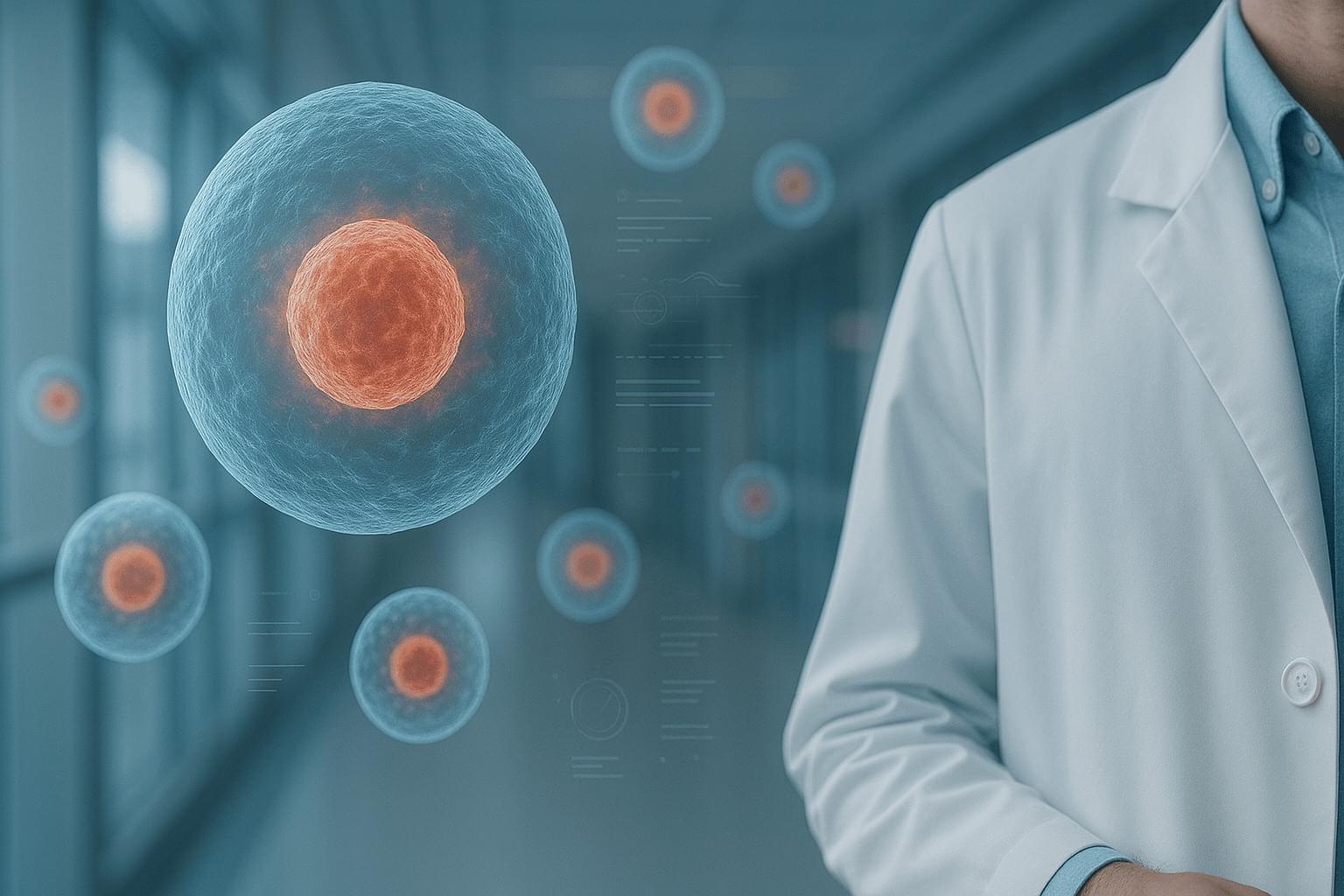
There is still relatively little known about the genetic underpinnings of proteomic aging clocks. Here, we describe a genome-wide association study of proteomic aging in the UK Biobank (n=38,865), identifying 27 loci associated with participants’ proteomic age gap (ProtAgeGap). ProtAgeGap exhibits a strong genetic correlation with longevity (rg = −0.83), and in FinnGen a ProtAgeGap polygenic score (PGS) was associated with significantly increased odds of achieving longevity (n=500,348; OR = 1.43). Additional PGS analyses in All of Us (n=117,415), China Kadoorie Biobank (n=100,640), and ABCD Study (n=5,204) demonstrate reproducible associations across biobanks of ProtAgeGap PGS with obesity, cardiometabolic disease, and osteoarthritis in adults, and with developmental timing in children. Finally, colocalization analysis identified FTO as an obesity-related mechanism uniting diverse aging traits. Our results demonstrate a shared genetic architecture across the life course of ProtAgeGap with longevity, early developmental biology, and cardiometabolic and musculoskeletal diseases.
### Competing Interest Statement.
The authors have declared no competing interest.

In their nucleus, as they replicate, blood stem cells can accumulate mutations and lose epigenetic marks that used to keep DNA well-arranged, ultimately increasing mechanical tension on the nuclear envelope. This study figured out RhoA is a mechanosensor activated by such tension and conducts a key role in the stem cell ageing process. Researchers subsequently proved its rejuvenating potential: after ex vivo treatment of blood stem cells with the drug Rhosin, a RhoA inhibitor, they observed an improvement in aged-related markers.
As study co-author summarizes: “Overall, our experiments show that Rhosin did rejuvenate blood stem cells, increased the regenerative capacity of the immune system and improved the production of blood cells once transplanted in the bone marrow.”
Ageing is defined as the deterioration of function overtime, and it is one of the main risk factors for numerous chronic diseases. Although ageing is a complex phenomenon affecting the whole organism, it is proved that the solely manifestation of ageing in the haematopoietic system affects the whole organism.
A research team previously revealed the significancy of using blood stem cells to pharmacologically target ageing of the whole body, thereby suggesting rejuvenating strategies that could extend healthspan and lifespan. Now, in a Nature Ageing publication, they propose rejuvenating aged blood stem cells by treating them with the drug Rhosin, a small molecule that inhibits RhoA, a protein that is highly activated in aged haematopoietic stem cells. This study combined in vivo and in vitro assays together with innovative machine learning techniques.
Blood stem cells, or hematopoietic stem cells, are located in the bone marrow, a highly dynamic and specialised tissue within the cavity of long bones. They are responsible for the vital function of continuously producing all types of blood cells: red blood cells (oxygen transporters), megakaryocytes (future platelets) and white blood cells (immune cells, lymphocytes and macrophages). Over time, however, stem cells also do age, they lose their regenerative capacity and generate fewer and lower quality immune cells. This has been linked to immunosenescence, chronic low grade inflammation and certain chronic diseases.
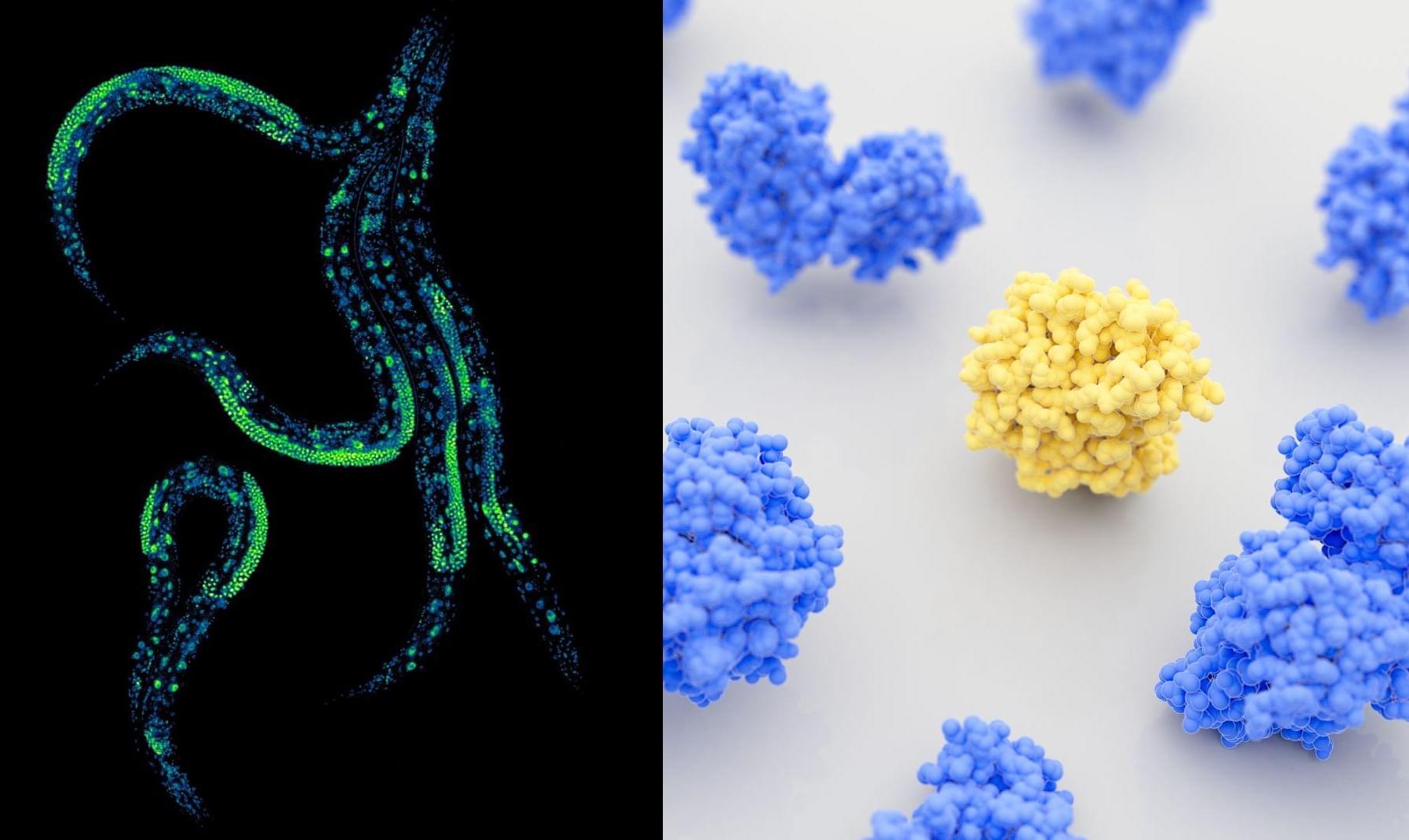
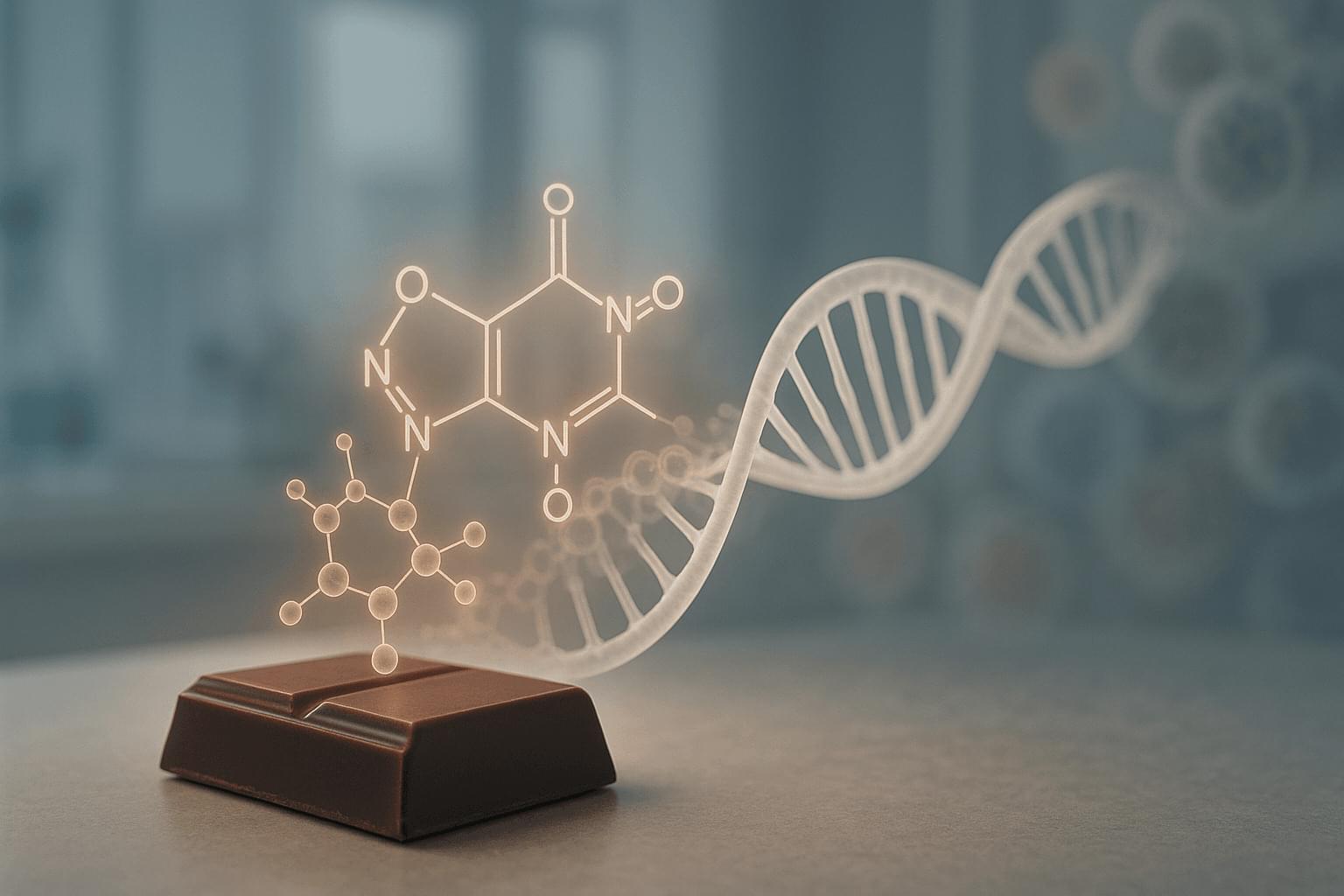
The FDA’s December 2025 expert panel signals a major shift in how testosterone decline, aging, and treatment access are viewed in men’s health.
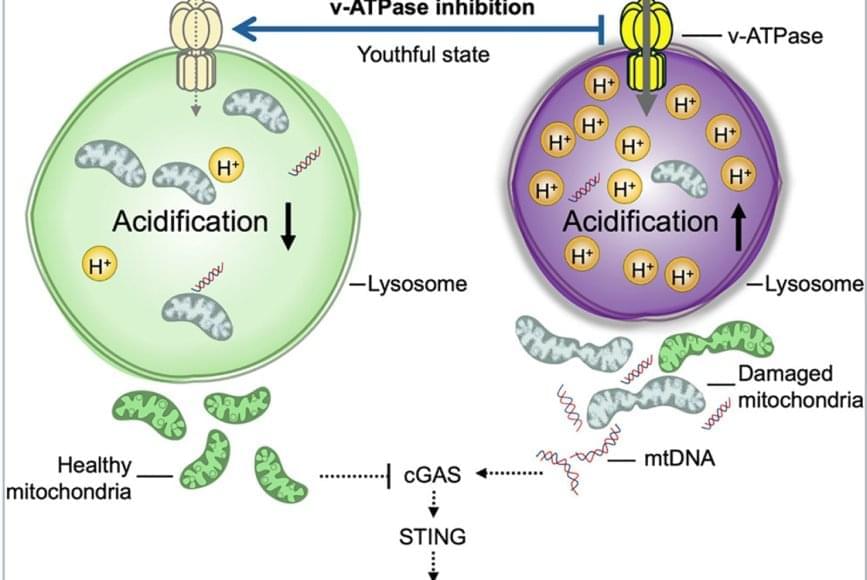
As people age, these cells become defective and lose their ability to renew and repair the blood system, decreasing the body’s ability to fight infections as seen in older adults. Another example is a condition called clonal hematopoiesis; this asymptomatic condition is considered a premalignant state that increases the risk of developing blood cancers and other inflammatory disorders. Its prevalence increases significantly with age.
The team discovered that lysosomes in aged HSCs become hyper-acidic, depleted, damaged, and abnormally activated, disrupting the cells’ metabolic and epigenetic stability. Using single-cell transcriptomics and stringent functional assays, the researchers found that suppressing this hyperactivation with a specific vacuolar ATPase inhibitor restored lysosomal integrity and blood-forming stem cell function.
The old stem cells started acting young and healthy once more. Old stem cells regained their regenerative potential and ability to be transplanted and to produce more healthy stem cells and blood that is balanced in immune cells; they renewed their metabolism and mitochondrial function, improved their epigenome, reduced their inflammation, and stopped sending out “inflammation” signals that can cause damage in the body.
Remarkably, ex vivo treatment (when cells are removed from the body, modified in a laboratory, and returned to the body) of old stem cells with the lysosomal inhibitor boosted their in vivo blood-forming capacity more than eightfold, demonstrating that correcting lysosomal dysfunction can restore regenerative potential.
This restoration also dampened harmful inflammatory and interferon-driven pathways by improving lysosomal processing of mitochondrial DNA and reducing activation of the cGAS-STING immune signaling pathway, which they find to be a key driver of inflammation and aging of stem cells.
Researchers have discovered how to reverse aging in blood-forming stem cells in mice by correcting defects in the stem cell’s lysosomes. The breakthrough, published in Cell Stem Cell, identifies lysosomal hyperactivation and dysfunction as key drivers of stem cell aging and shows that restoring lysosomal slow degradation can revitalize aged stem cells and enhance their regenerative capacity.